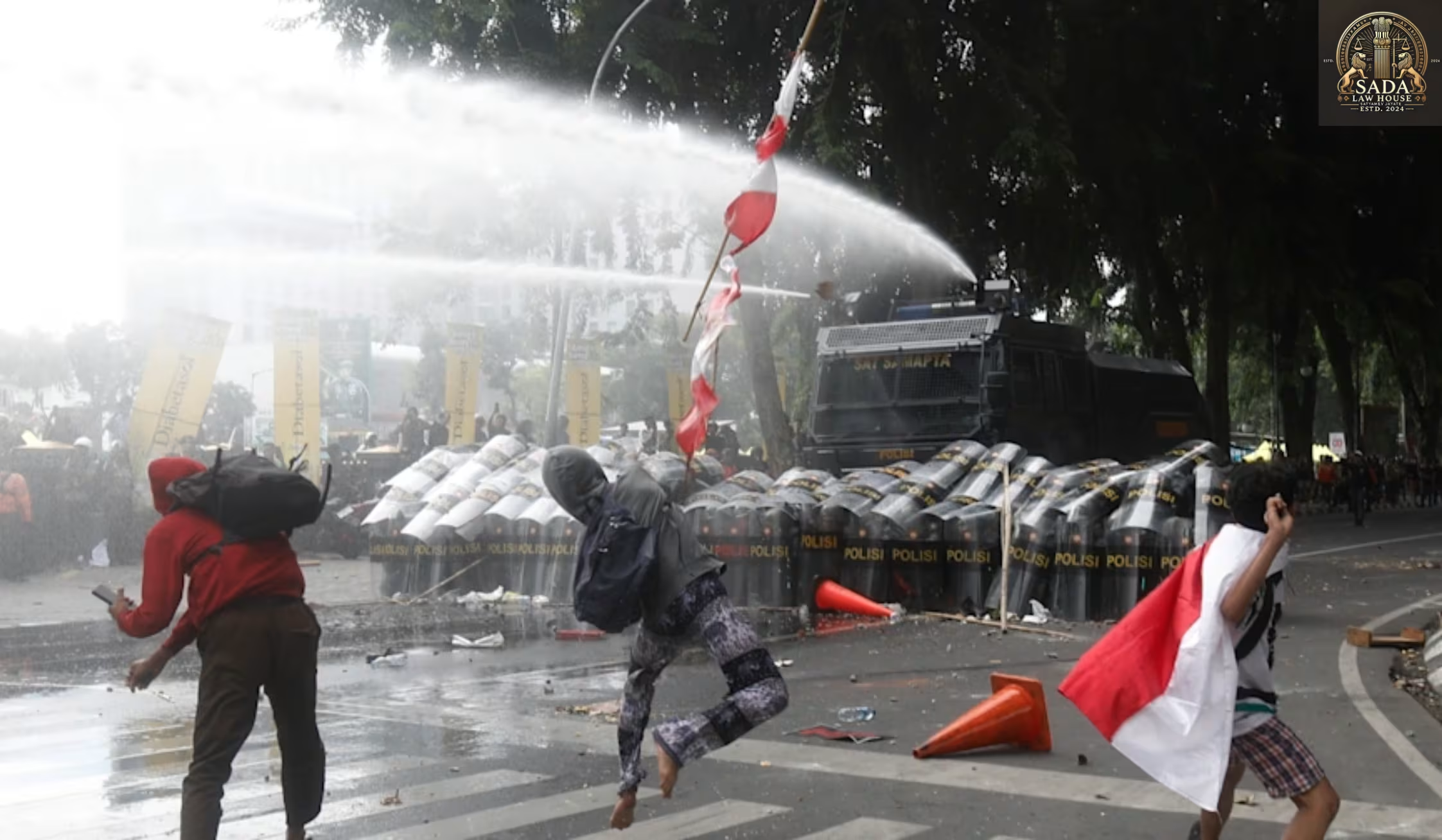Supreme Court Rules Juvenile Justice Board Cannot Review Its Own Decisions Under JJ Act
- PRABAHAT KUMAR BILTORIA
- 21 May 2025

The Supreme Court of India has ruled that the Juvenile Justice Board (JJB) cannot review or revise its previous decisions under the Juvenile Justice Act, 2015. Learn about the key judgment, its legal implications, and the role of documentary evidence in juvenile cases.
Supreme Court Rules: Juvenile Justice Board Lacks Power to Review Its Own Rulings
On May 20, 2025, the Supreme Court of India delivered a significant verdict regarding the authority of the Juvenile Justice Board (JJB). The Court clarified that the JJB does not possess the legal jurisdiction to review or modify its own rulings in later proceedings.
Context of the Case: Date of Birth Dispute in Juvenility Plea
A bench comprising Justice Abhay S. Oka and Justice Ujjal Bhuyan delivered the judgment in a case involving a juvenility plea. The controversy arose when the JJB initially accepted the birthdate of respondent No. 2 as 08.09.2003. This was based on a school certificate submitted during Miscellaneous Case No. 9/2000, connected to Crime Case No. 11/2000 filed under Section 307 of the IPC.
However, during a subsequent hearing, the JJB contradicted its earlier stance and sought an opinion from a medical board to determine the respondent’s age.
Supreme Court’s Criticism of JJB’s Reconsideration Attempt
The Supreme Court strongly disapproved of this inconsistency. It held that allowing the JJB to seek a medical opinion after previously accepting official documents would amount to an unlawful review of its own order, which is not permitted under the Juvenile Justice Act, 2015.
The bench stated:
“JJB is not permitted to later claim that the respondent’s birthdate is different and seek a medical board’s opinion. Doing so would effectively mean revisiting a settled order, which is beyond the powers conferred under the JJ Act, 2015.”
Documentary Proof vs. Medical Report: Legal Priority Explained
The Court emphasized that under Section 94(2) of the JJ Act, medical evidence should only be used in the absence of documentary proof. In this case, the respondent’s school certificate served as valid documentation of his date of birth, yet the JJB relied on a medical board’s assessment that estimated his age to be 21 years.
Justice Ujjal Bhuyan ruled that this approach was legally flawed, reinforcing that ossification tests and other medical methods are only supplementary and cannot override valid documents like school records.
Granting of Bail: Supreme Court Upholds High Court’s Decision
The Supreme Court also upheld the High Court’s decision to grant bail to the respondent. It found no evidence suggesting that the respondent posed a threat to society or himself. Furthermore, his statutory right to bail remained intact, despite the JJB’s preliminary assessment under Section 15, which recommended that he be tried as an adult.
Conclusion: Reinforcing Legal Boundaries of the JJB
This landmark ruling reinforces the legal boundaries of the Juvenile Justice Board and upholds the importance of documentary evidence over supplementary medical evaluations. It serves as a reminder that review powers must be explicitly granted by law, and that judicial consistency is critical in upholding justice for juveniles.






